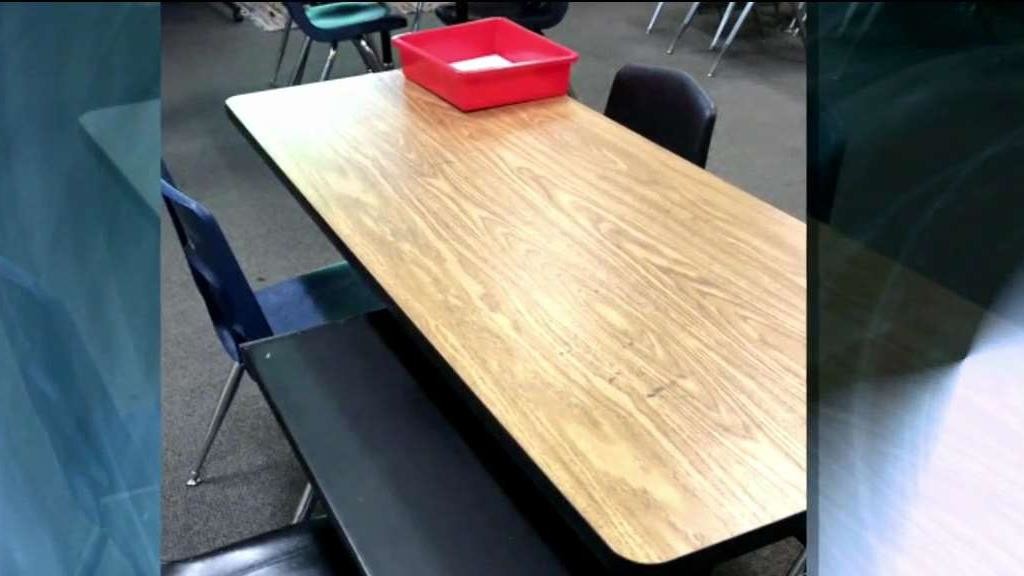‘It’s very dangerous:’ Sen. Graham introduces bill to prevent cellphones in prison
(WCIV) — U.S. Sen. Lindsey Graham joined Sen. Tom Cotton Wednesday in introducing the Cellphone Jamming Reform Act of 2025, which would prevent inmates from using contraband cellphones in prison facilities.
The legislation would allow state prisons to use cellphone jamming systems, something the South Carolina Department of Corrections (SCDC) has long advocated for.
The jamming technology denies all services to phones, shutting them off completely.
Despite it being illegal, many South Carolina inmates have been found with contraband devices.
“What the inmates can do with these phones is they can continue their criminal ways for behind bars. It’s very dangerous for them to have these phones,” said Bryan Stirling, director of the SCDC.
Stirling said he’s seen inmates order hits on innocent people, deal drugs and facilitate sex trafficking cases all while using contraband phones from behind bars.
A rise in contraband cellphone use led to the 2018 riots at Lee Correctional Institution in Bishopville, South Carolina. It’s known as one of the deadliest prison riots in United States history.
In July 2023, SCDC launched a pilot program that deactivated cell phones found at Lee Correctional. To date, 2,170 phones have been shut off, roughly double the number of inmates at the facility.
“That’s probably a 70% solution where we know jamming is 100%,” Stirling said. “That’s where we want to go, where we can shut these phones off and turn them into bricks.”
Under federal law, the Federal Communications Commission prohibits state and local prisons from using cell phone jamming technology, despite it being utilized in federal institutions.
“They feel like it could be otherwise dangerous because people can’t access 911 emergency phone calls. There could be some phones that you don’t want jammed that would be jammed by the technology,” said Charlie Condon, former South Carolina attorney general.
In 2019, the Department of Justice tested micro-jamming technology in South Carolina. It limits the effects to a targeted area, something Stirling saw firsthand.
“I took one step into the housing unit, and it was like there was a curtain. The phone automatically turned off,” he said.
Inmates face strict penalties if they’re found with contraband cell phones.
“Loss of privileges, if you’re able to get parole that could be delayed, good time is revoked,” Condon explained.
But he argues it’s often not enough to deter criminals from using phones altogether.


